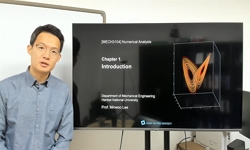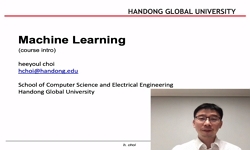The purpose of this paper is to introduce a fusion method that combines the design of experiments (DOE) and machine learning to optimize the bias of plastic products. The study focuses on the plastic motor housing used in automobiles, which is manufac...
http://chineseinput.net/에서 pinyin(병음)방식으로 중국어를 변환할 수 있습니다.
변환된 중국어를 복사하여 사용하시면 됩니다.
- 中文 을 입력하시려면 zhongwen을 입력하시고 space를누르시면됩니다.
- 北京 을 입력하시려면 beijing을 입력하시고 space를 누르시면 됩니다.
부가정보
다국어 초록 (Multilingual Abstract)
The purpose of this paper is to introduce a fusion method that combines the design of experiments (DOE) and machine learning to optimize the bias of plastic products. The study focuses on the plastic motor housing used in automobiles, which is manufactured through plastic injection molding. Achieving optimal molding for the motor housing involves the optimization of various molding conditions, including injection pressure, injection time, holding pressure, mold temperature, and cooling time. Failure to optimize these conditions can lead to increased product deformation. To minimize the deformation of the motor housing, the widely used Taguchi method, which is one of the design of experiment techniques, was employed to identify the injection molding conditions that affect deformation. Machine learning was then applied to various models based on the identified molding conditions. Among the models, the Random Forest model emerged as the most effective in predicting deformation amounts. The validity of the Random Forest model was also confirmed through verification. The verification results demonstrated the excellent prediction accuracy of the trained Random Forest model. By utilizing the validated model, molding conditions that minimize deformation were determined. Implementation of these optimal molding conditions led to a reduction of approximately 5.3% in deformation compared to the conditions before optimization. It is noteworthy that all injection molding outcomes presented in this paper were obtained through robust injection molding simulations, ensuring both research objectivity and speed.
동일학술지(권/호) 다른 논문
-
- 한국금형공학회
- 김의중
- 2024
- KCI등재
-
- 한국금형공학회
- 김종수
- 2024
- KCI등재
-
- 한국금형공학회
- 최진우
- 2024
- KCI등재
-
재사용 수지 비율에 따른 PP, ABS의 강도 특성에 관한 연구
- 한국금형공학회
- 이준한
- 2024
- KCI등재





 ScienceON
ScienceON






